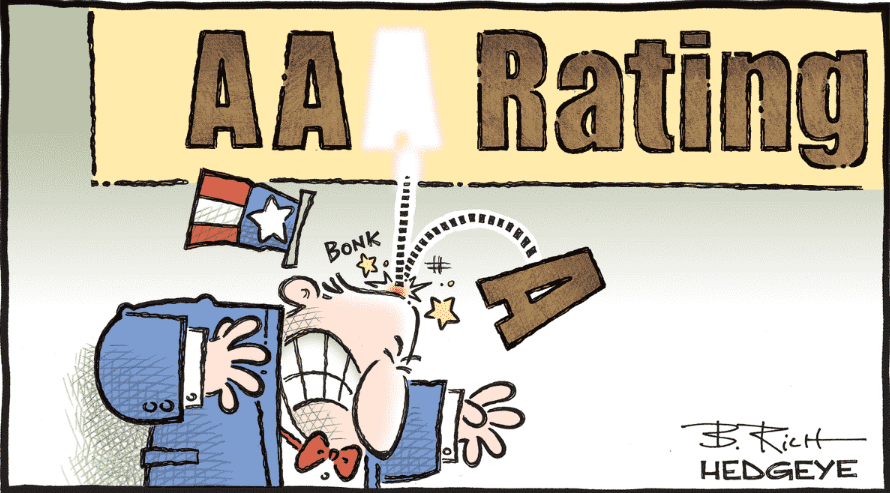Dear valued client,
Markets lost some of the hefty gains from last week as Canada’s inflation rate dropped to 1.7% in April (compared to 2.3% in March and 2.6% in February), largely due to the elimination of the consumer carbon tax and declining energy prices. Gasoline and natural gas fell 18.1% and 14.1% year-over-year, respectively, amid increased OPEC supply. However, core inflation measures, which the Bank of Canada closely monitors, continue to rise. Despite a rising unemployment rate of 6.9% due to tariff impacts on manufacturing, these elevated core inflation figures may lead the Bank of Canada to pause rate cuts at its June 4th meeting, maintaining the policy rate at 2.75%, as it balances economic growth with inflation control.
Earnings reports from Home Depot and Target paint two different pictures regarding the economy and consumer priorities. Home Depot’s Q1 earnings showed resilience with US$39.9 billion in revenue, up 9.4% year-over-year, meeting analyst expectations. Its reaffirmed 3% growth forecast for 2025 reflects steady demand from homeowners, supported by rising home equity. In contrast, Target reported a 2.8% sales decline to US$23.8 billion, missing earnings expectations and reversing its full-year outlook to a low-single-digit sales drop, marking a potential third year of declines. Target’s struggles stem from weaker discretionary spending on items like toys and electronics. While Home Depot benefits from necessity-driven home improvement purchases, Target’s reliance on discretionary goods highlights broader consumer caution among middle- and lower-income shoppers facing inflation and tariff uncertainties, signaling a split in consumer strength where wealthier homeowners remain robust, but price-sensitive consumers are pulling back.
The U.S. House passed a comprehensive tax and spending bill this week by a single vote. The bill includes eliminating federal income tax on tips and overtime pay through 2028, aiming to boost take-home pay for workers like waitstaff, delivery drivers, nurses, and firefighters. Other provisions include increased standard business deductions, a $500 child tax credit increase, a $1,000 newborn account, and a $15 million estate tax exemption. However, it is projected to add $4 trillion to the national debt, add additional requirements for Medicaid recipients, eliminate green energy credits, and end certain student loan repayment options. It will face Senate challenges as the bill targets a July 4th approval. Late last week, Moody’s downgraded the U.S. credit rating from AAA to Aa1, citing uncontrolled debt growth and rising interest payments, which reached $1.1 trillion last year, exceeding the Pentagon’s budget. This followed S&P and Fitch’s earlier downgrades in 2011 and 2023, respectively, making Moody’s the last major agency to lower the U.S.’s once-pristine rating. While Treasury Secretary Scott Bessent downplayed the downgrade, it may lead investors to demand higher yields on U.S. Treasuries, potentially increasing borrowing costs and impacting markets, with knock-on effects like a weaker dollar, a continued gold rally, and other ripple effects through global financial markets.
“The core of your life is your purpose. Everything in your life, from your diet to your career, must be aligned with your purpose if you are to act with coherence and integrity in the world. If you know your purpose, your deepest desire, then the secret to success is to discipline your life so that you support your deepest purpose and minimize distractions and detours.” – David Deida
Have a great weekend,
PW



